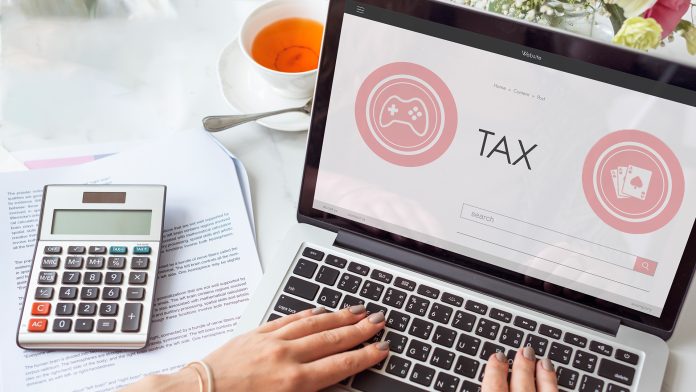Group of Ministers delaying final say on GST rates for online games, relying on more feedback from industry stakeholders and legal counsel. However, experts warn that casinos, horse racing and online skill games are not only dissimilar but they also need a well-structured legal framework for taxation to actually work.
Ministers Close on Decision on GST Rates
The Group of Ministers (GoM) tasked with deciding on tax rates and valuation base for online gaming and gambling has once again postponed its decision, financial sources report. Prior to advising the GST Council, the GoM has sought the opinion of legal experts and industry stakeholders and is likely to opt for a separate policy on online skill games and gambling platforms.
The debate has been going on for at least a year, with the Government panel assembled last May to explore possible GST rates and valuation base for the likes of online gaming sites, 7jackpots casinos and horse racing bets.
The news is welcome by the online gaming industry which has always pushed for a legal distinction between popular skill games and legal gambling options. The latest meeting in New Delhi seems to have Ministers agree with their point of view, deciding to separate (and tax) games in at least three distinct categories.
Desi game tech startups are hoping for a more progressive and sustainable solution that will allow businesses to plan for their long-term growth and global competition. Sensible GST rates and taxation bases are just the start, says the CEO of the All India Gaming Federation, one of the industry’s leading interest groups.
Distinguishing between games of skill and chance is the bare, constitutional minimum, market analysts claim. International best practices suggest that 28 per cent GST is too high on top of ticket prices and entry fees, considering the 30% revenue tax on winnings and other operational costs. In addition, the GST levy should not be based on total proceeds (gross sales) but only on the platform commission which is usually between 3 and 5 per cent.
If these guidelines were not to be observed, India’s gaming companies and development studios will be forced to relocate or shut down, considering the infinitely better conditions and final prices offered by offshore competitors and black market operators.
Not surprisingly, there are critics that claim that the current tax revision would be much easier to justify and carry out in the presence of proper regulation in the sector. Policy makers need to take a serious look at new-generation online games and gambling in general, setting up a meaningful legal base for the industry.
Tax Revision Inefficient in Absence of Proper Regulation
The GoM is chaired by Meghalaya’s Chief Minister Conrad Sangma. Notably, Meghalaya is one of the few states that have completely legitimized online gaming and gambling by setting up strict rules and licensing mechanisms for locally registered gaming companies. Gaming activity can be done within State limits or on online platforms, giving access to residents of other states as well.
In effect, this is what happens in other legal gambling jurisdictions and mature digital markets. Most countries in Europe, Australia and US States issue licenses to real-money gaming sites but raise the bar on consumer protection, responsible gaming and fiscal transparency as a condition for accessing the market.
Moreover, adequate regulation is a proven prerequisite to efficient tax collection, market experts point out. Offshore and black market sites do not pay tax in India in any shape or form. They do not contribute to local growth and employment and do not give back to community welfare projects.
That is, unless they are made to register domestically, obey local rules and laws and declare their proceeds from operations with desi players. There is no other way to monitor the transfer of funds and bring back most of the cash flows into the Union economy.


